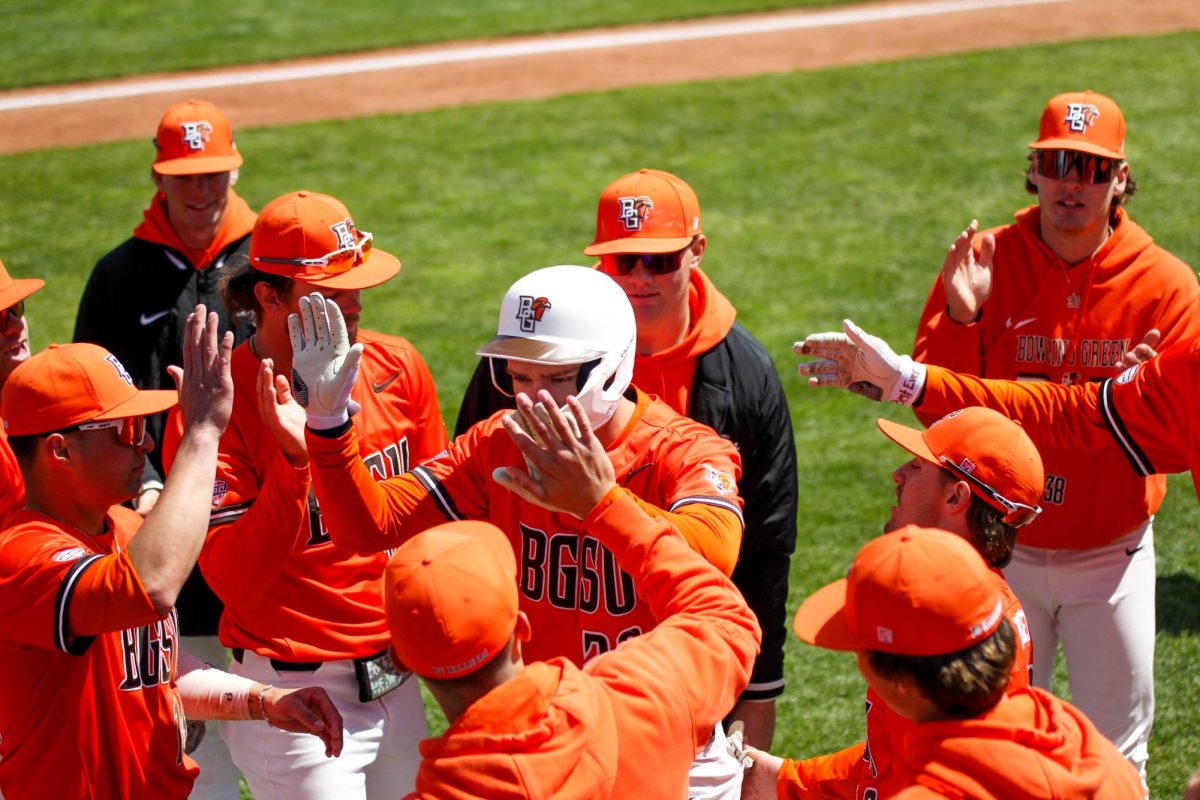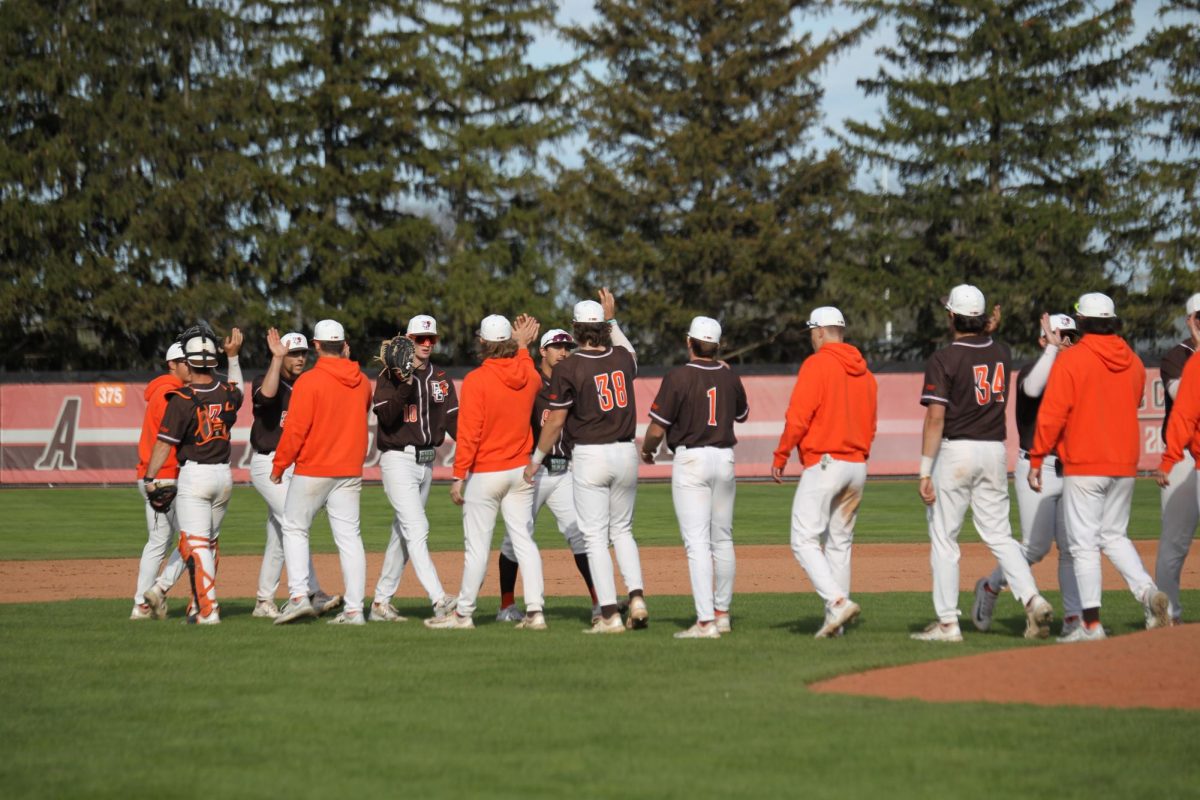‘I hate world music,’ said an angry David Byrne, singer and principle songwriter for New Wave band Talking Heads and founder of my favorite music label, Luaka Pop.
I happened to come across this statement in an article while doing research for a class. It is during this research that I came upon a New York Times column by Byrne saying how he hated world music. This seemed ironic to me because Luaka Pop serves as one of the best world music labels in the world.
After reading through, a huge smile appeared on my stoic face as I came to realize what he meant. This may not matter to a lot of people who have no idea what world music is or why it matters.
The term was invented by an ethnomusicologist, Robert E. Brown. The term became important when some marketing geniuses in a corporate office somewhere decided all music of the world needs to be marketed to Westerners as world music. The problem is that world music has more variety than Billboard has charts.
It doesn’t make sense to group Tibetan monk chants and Ricky Martin in the same category. This says a lot about Western perspective on so-called non-Western art forms. It speaks to how world music is viewed as an exotic, alien thing.
In the words of Byrne, in some ‘circumstances, viewing people and cultures as exotic is a distancing mechanism that too often allows for exploitation and racism.’ It makes music that isn’t Western seem like this fringe cultural art-form that isn’t on par with your own, but is interesting to look at, because it is strange. So, your appreciation of the art form isn’t based on ability or performance of artists, but on its novelty.
Once someone approaches world music with the same ear and appreciation he would approach a Kid Cudi record, things will be different. Of course, listening to music that isn’t performed in your tongue can be difficult.
Yet, experiencing other cultures requires us to realize that a lot of some of the greatest music was music that lacked words or lyrics – think of John Coltrane or Miles Davis. These musicians could say more with just instruments than any rapper could say on a whole album. If we get past lyrics, a lot of world music can say much in the form of just melody and rhythm if we allow it to.
World music has interested Westerners for a long time. Artists like John Coltrane were being influenced by African rhythms and Indian music. Coltrane and other jazz artists dabbled in the sounds of Yoruba drummer and world music pioneer Olatunji Babatunde. Michael Jackson’s hit ‘Starting Something’ recites a chant at the end of the song that Rihanna recently used, which both got from genius Cameroonian musician Manu Dibango. The influx of early Carribean rocksteady and Ska music became essential DNA of early punk rockers like The Clash.
It’s in this light that people need to realize that world music isn’t one brand, but is made up of multiple genres and subgenres. Some are more original than others, others are fusions of Western and non-Western influences.
In the 70s, it wasn’t weird to hear sitar playing on a recording. Musicians and people in general awoke to a whole universe of different ways of making music. This world music expanded the musical vocabulary of many musicians and gave the West some of its best music.
Think of Paul Simon’s ‘Graceland,’ an album that fused Simon’s newfound love for South African township jive to his own efforts as a singer-songwriter. The Beatles dabbled in Indian mysticism and also listened to and admired Ravi Shankar, an Indian sitar player. These artists realized something that is an essential lesson for all lovers of music: they learned that the language of music is universal. They weren’t amazed by the novelty, but by the artistry.
I have listened to Japanese metal bands that are as mesmerizing as Slayer or Metallica. I have embraced the trippy sounds of Brazilian psychedelic rock that reminds me of the Grateful Dead. I have records by African funk bands that sounded like a cross between Parliament/Funkadelic and Sly ‘amp; the Family Stone.
Listening to world music is another way of interacting with the world and realizing a lot of the world isn’t as exotic as it seems. It helps people realize that people of the world are essentially more similar than they are different.
Respond to Hama by leaving a comment below or replying to [email protected]
















